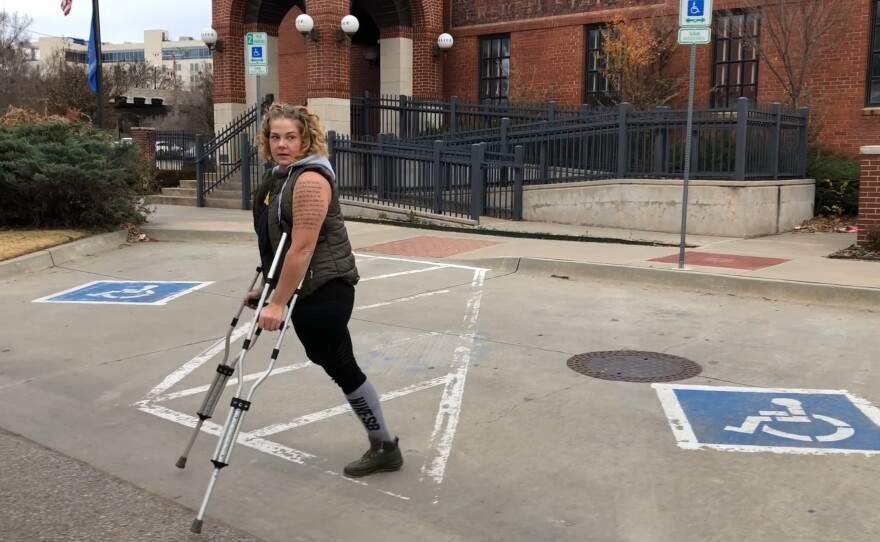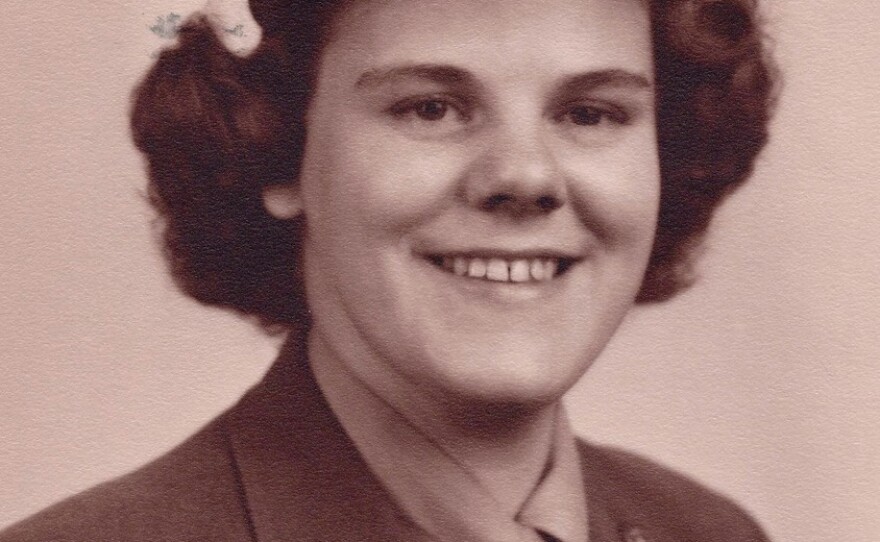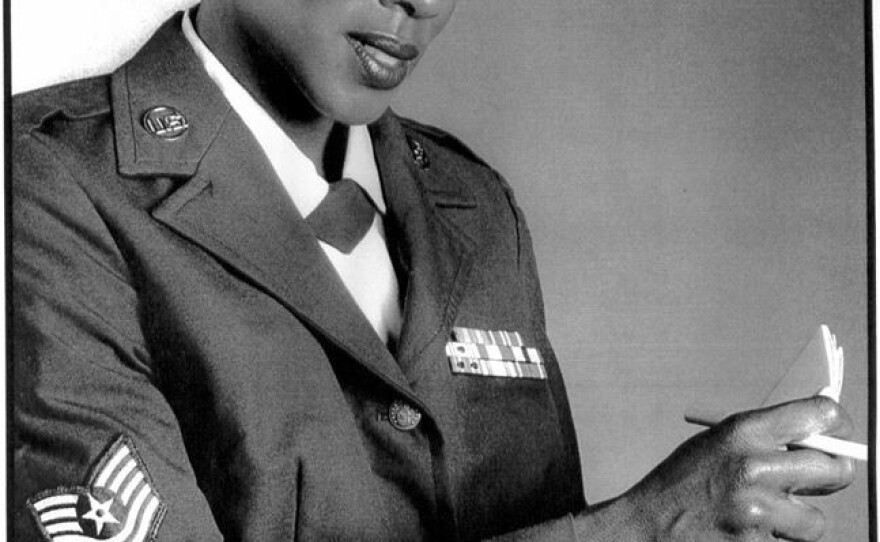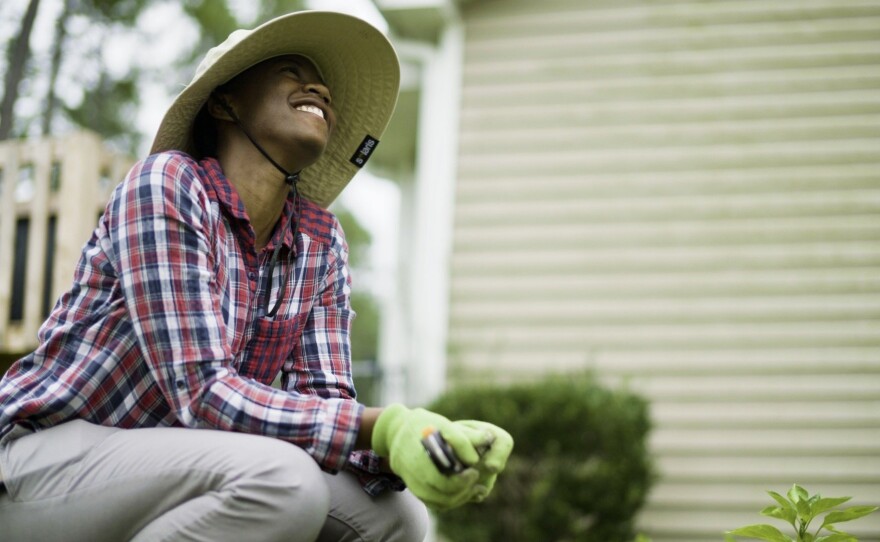In the opening montage to the film "The Invisible Project," the scene is set for this year's GI Film Festival San Diego: "We are the most visible service member and the most invisible veteran. I don't think we want that anymore."
How to watch:
GI Film Festival San Diego runs online from May 18 through May 26.
Passes and tickets available here.
'The Invisible Project': Tuesday, May 18, 2021 at 7 p.m., followed by filmmaker panel (also viewable on demand May 19-26). $8-10.
'Women Warriors Block': Sunday, May 23, 2021 at 5:30 p.m., followed by filmmaker panel (also viewable on demand May 24-26). $8-10.
It's the opening film of the festival's six-day, 38-film program that showcases military and veteran filmmakers and stories — all virtual this year, with showtimes for premieres and filmmaker panels, and video-on-demand options.
The festival closes with a "Women Warriors" shorts block, bookending the festival with selections by and about women veterans. These films also center the stories of women of color, and a range in female veteran experience from WWII to the wars in Afghanistan and Iraq.
Retired U.S. Coast Guard Lt. Cmdr Holly Shaffner has been on the GIFFSD advisory board since the festival launched in 2015. She said that women have different experiences in the military and in coming home — different from men, and different from the public's perception.
"It is important to bridge that military and civilian divide and let communities know that women served too, they served with distinction, and yes they served in combat," Shaffner said.
Shaffner said they often receive films about women, but this year brought significantly more. "They are spectacular stories that needed to be told, and before we knew it we had so many that they needed their own block of showtimes," Shaffner said. "I think it is very appropriate that women vet films are opening the festival and closing the festival this year."
'The Invisible Project'
Filmmaker Pacifica J. Sauer's 2020 documentary "The Invisible Project" focuses on four women: Army veteran Kendra Lou Garza, Women's Army Corps veteran Dorothy Stroud who served in WWII, Air Force and Army veteran Dr. Rhonda Dula and Navy veteran Romaine Barnett. Among them, the women served in WWII, Korea, Vietnam and Afghanistan.
Sauer, who is also a Navy veteran, said that when she got out of the military, she was quiet about her experience. "I was just like, 'Oh, I'm out now, and that's it.' And I didn't put it on my resume. I didn't really talk about it," Sauer said.
In addition to helping women veterans share their experiences, Sauer also wanted to clear up what the public thinks women do in the military, and the way women are treated in the military. Women have been in combat, serving on the front lines or piloting planes long before they were recognized by the public as doing so, Sauer said.

One of the four women, Kendra Lou Garza, lost her leg to an IED in Afghanistan, and in the film, she talks about her heartbreaking struggle with the pain of prosthetics and her subsequent dependence on painkillers and eventual addiction to heroin.

The film also follows Dorothy Stroud, who was 21 years old in 1942 when she joined the Women's Army Corps. She shipped to Paris in time for the Battle of the Bulge and watched as France emerged from occupation on Bastille Day in 1945. She also served in the Korean War.
Stroud, who was 98 during filming, has been repeatedly denied for GI benefits.
"A lot of these older women are losing their memories as they're getting older, and a lot of them feel like it's been so long, their service doesn't matter anymore. We're not talking about it and we're losing history," Sauer said.

Another veteran, Dr. Rhonda Dula, wasn't able to work as a doctor, because women in the Army Nurse Corps were only allowed to serve as nurses. A sculptural likeness of Dula was included in the Vietnam Women's Memorial in Washington D.C., part of the Vietnam Veterans Memorial.
Romaine Barnett joined the Navy in 1988 and served for eleven years, despite suffering military sexual trauma (MST) early in her career. She found a lot of strength in the community of women veterans she recently discovered.
"When I talk to a woman who knows what that world is like, some things I just don't have to say," Barnett says in the film. "That's the part that I think we're missing when we come home."
Sauer said that the sacrifices women make to serve in the military are significant, and are heightened as they return to civilian life — they have to resume being wives and mothers, and let their experience as a veteran take a backseat. "It's easy to feel marginalized when you have these kinds of traumas when you come home," Sauer said.
And the discrepancies between how the world treats male veterans, and their perceived heroics, futhers the difficulties women face. Sauer — and the veterans she profiled in the film — hope to change that. "We have a culture problem, and to fix culture problems you need to create empathy," said Sauer. "I'm hoping that by personalizing some of these stories we can change some minds."
"The Invisible Project" is nominated for "Best Film Made by Military or Veterans."
Women Warriors
The festival will close with a block of six short films each focusing on diverse women's stories. While the films will be shown in other blocks throughout the festival, grouping them together spotlights the importance of stories by and about women veterans.
One of these shorts is "Budding Creativity." Filmmaker and Army veteran Kay Barnes zooms in on her pandemic hobby of planting a garden and growing food, and how it gave her a creative outlet as well as connect with women in the neighborhood.

"It was kind of like a missing block in my life, that I had really been missing," said Barnes of gardening to cope not only with the pandemic's impact on her creative life, but on her own experience after serving in the military. "And this really forced me to be able to face a lot of that stuff and deal with things in a very creative way, where I felt like I was putting something positive back in the world."
Barnes' film is short, clocking in at just nine minutes, and she said it's meaningful that something so nontraditional was selected for the festival.
"For them to choose my film, not something typical, it was powerful to me. It spoke to maybe things are changing," said Barnes. "They're putting this woman's film about creative transferability and not something just solely about war and battle because, you know, some wounds are invisible."







